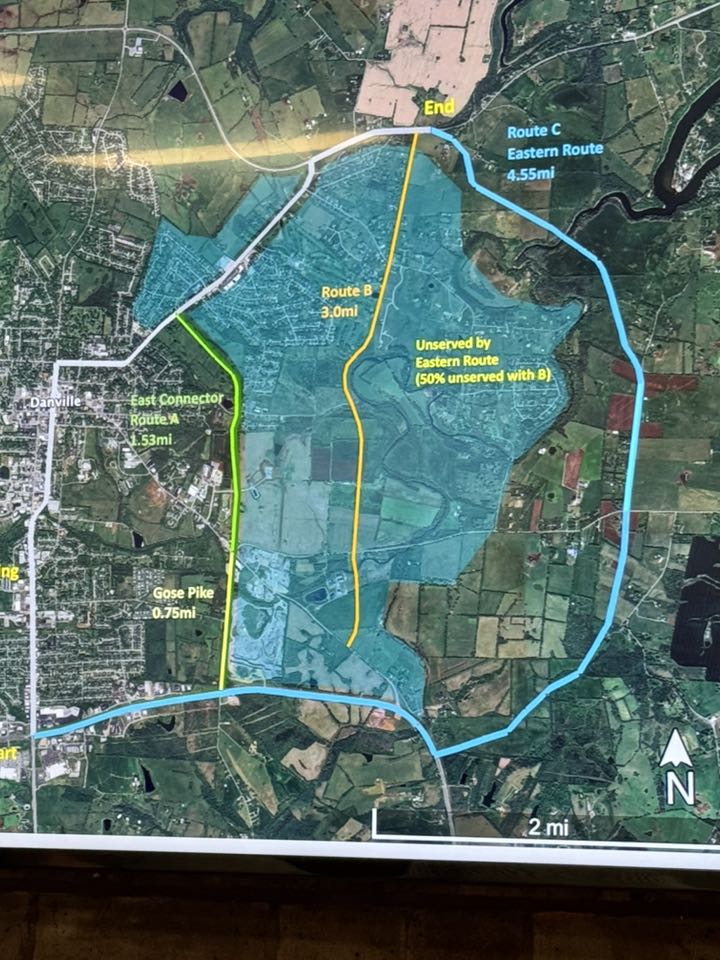Lessons taught by MLK can be applied to opioid crisis
Published 6:40 am Saturday, April 7, 2018
By KATHY MILES
Boyle ASAP
This week, our nation pauses to remember the life of Dr. Martin Luther King Jr., by commemorating the 50th anniversary of his death on April 4, 1968. His leadership and ultimate sacrifice of his life in America’s civil rights movement in the late 50s and 60s must not be forgotten. All Americans can learn about social justice, nonviolent protest, grass roots organizing, and the wisdom we can garner to address our current problems. Even 50 years after his death, King’s life points to some answers.
Trending
Dr. King’s life not only gives us a roadmap to understand how to counter racism and hatred, there are lessons to be learned that apply to today’s opioid crisis in America. We must not overlook these important messages, as we struggle to combat our epidemic of substance misuse, addiction and overdose deaths. We can — and must — use all the wisdom we can garner to address our current problems. Even 50 years after his death, King’s life points to some answers.
The importance of strong, persistent and moral leadership to the success of the civil rights movement cannot be ignored. Just as King and other leaders organized people and communicated messages of strength and hope, we must have visionary leadership for a multi-pronged approach to America’s drug crisis.
We don’t have it yet at the national level. It appeared we were moving in the right direction with the U.S. Surgeon General’s “Facing Addiction in America” report released in November 2016. However, since then, fragmented initiatives have emerged from Washington, without a clear plan for moving forward, and without designated knowledgeable and passionate leaders to direct the implementation of a plan.
We are seeing some strong leaders emerging in some states. Van Ingram, who heads Kentucky’s Office of Drug Control Policy, is one of those leaders.
Dr. King’s work also gives us clues to the importance of building coalitions to work across racial, cultural and socioeconomic divides to address major problems. He knew that whites had to join blacks in fighting racism, and that government at all levels, as well as the private sector, had to embrace change.
Today, in fighting the opioid crisis, we see examples of people in recovery joining law enforcement, health care and human services professionals and elected officials in coalition building. Working collaboratively must be the norm and not the exception. At the national level, we need to know, for instance, that leaders like Attorney General Jeff Sessions collaborate regularly with organizations like the Centers for Disease Control. And more education is still needed to help all citizens own responsibility for working on solutions.
Trending
The importance of voting rights was at the forefront of the work of Dr. King and other civil rights leaders. Registering people to vote was foundational to other progress made. Today, in our own community, and across America, we have multitudes of people with substance use disorders and mental health problems who have served their time for crimes, but who have no voting rights. Depending upon their state of residence, many of the approximately 5.8 million people who fall into this category have no hope of restoration of those rights. Surely, we must recognize that large numbers of disenfranchised persons are not good for any of us. As our country incarcerates more and more people, it is critical that disenfranchisement be addressed.
In the latter years of his work, King expanded his focus to include problems beyond racism, but related back to it. He particularly began to work and write about poverty and housing issues. He improved our understanding that problems like poverty have multiple causes and many lasting intergenerational effects.
Addiction also has many contributing factors and a long list of effects that spill over into subsequent generations. We can’t adequately address addiction without taking a hard look at how we raise our children, how we educate, how we encourage job creation and how we live safely together in communities.
A half-century after the death of Dr. Martin Luther King Jr., we are facing big challenges in America. The opioid crisis is certainly not the only major problem, but it’s big and it isn’t going away quickly. But, then, racism is big and hasn’t gone away quickly.
At the end of the 1965 Selma-to-Montgomery march, Dr. King said about civil rights work, “We must keep going.” If Dr. King were here today, he would doubtless give us that charge as well. We are thankful for his life, and for the lessons we are still learning from it.
Kathy L. Miles is coordinator for the Boyle County Agency for Substance Abuse Policy Inc.






